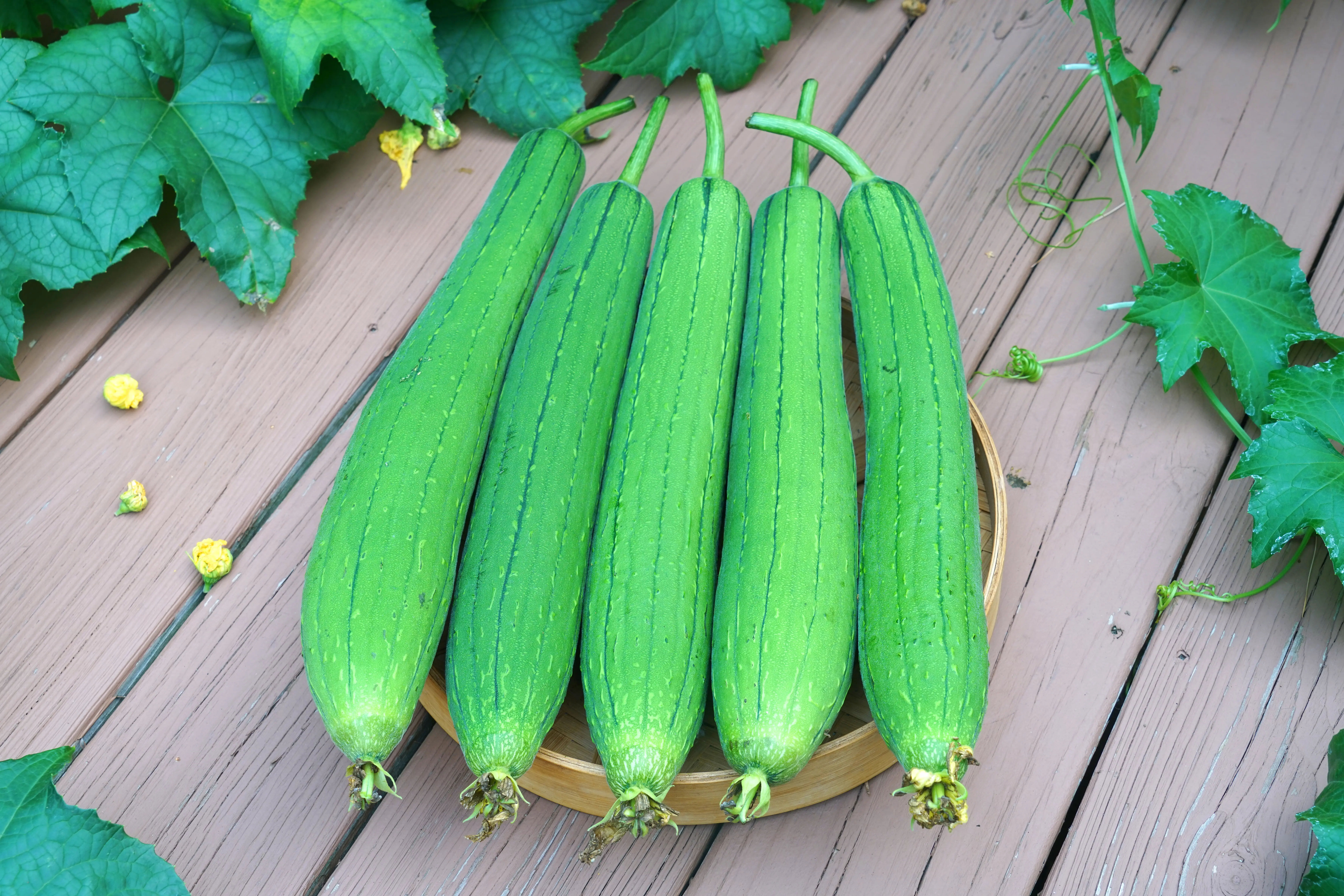Coriander Benefits
Discover the powerful health benefits of dhaniya (coriander), from improving digestion to boosting immunity and promoting heart health—learn why this herb is a staple in natural wellness.

Written by Dr.Sonia Bhatt
Last updated on 13th Jan, 2026

Introduction
Coriander, commonly known as dhaniya in Hindi, is a fragrant herb widely used in Indian kitchens. While it adds a fresh, citrusy flavor to dishes, coriander is also packed with health benefits that can improve digestion, boost immunity, and even help manage blood sugar levels. If you’ve ever wondered how this everyday herb can contribute to your well-being, read on to discover the many ways coriander can support your health.
What is Dhaniya (Coriander)?
Dhaniya refers to both the fresh leaves (coriander leaves) and dried seeds of the coriander plant (Coriandrum sativum). While the leaves are commonly used as a garnish in curries, salads, and chutneys, the seeds are used as a spice in cooking. Both forms are rich in vitamins, minerals, and antioxidants, making them a powerhouse of nutrition.
Nutritional Value of Coriander
Coriander is low in calories but high in essential nutrients, including:
Vitamins: Vitamin A, C, and K
Minerals: Calcium, iron, magnesium, and potassium
Antioxidants: Quercetin, kaempferol, and beta-carotene
These nutrients contribute to various health benefits, from improving digestion to protecting against infections.
Top Health Benefits of Coriander
Coriander offer a variety of health benefits and here are some of them:
1. Aids Digestion
Coriander is known for its digestive properties. It stimulates the production of digestive enzymes, helping to relieve bloating, gas, and indigestion. Drinking coriander water (soaked coriander seeds in water overnight) can help soothe an upset stomach.
2. Helps Manage Blood Sugar Levels
Studies suggest that coriander seeds may help lower blood sugar by improving insulin sensitivity. If you have diabetes, incorporating coriander into your diet (in moderation) may support better blood sugar control.
3. Supports Heart Health
The antioxidants in coriander help reduce bad cholesterol (LDL) and increase good cholesterol (HDL), promoting heart health. Its potassium content also helps regulate blood pressure.
Consult Top Specialists To Include Coriander In Your Diet
4. Boosts Immunity
Rich in vitamin C and antioxidants, coriander strengthens the immune system, helping the body fight infections like colds and flu.
5. Acts as a Natural Detoxifier
Coriander helps flush out toxins from the body, supporting liver function and cleansing the blood. This makes it beneficial for skin health as well.
6. Reduces Inflammation
The anti-inflammatory properties of coriander can help relieve joint pain and swelling, making it useful for people with arthritis.
7. Improves Skin and Hair Health
Applying coriander paste or drinking coriander water can help reduce acne, dark spots, and skin irritation. It also promotes healthy hair growth by strengthening hair follicles.
How to Include Coriander in Your Diet?
Let’s have a look at simple and effective ways to include coriander in your diet:
Fresh Leaves: Add chopped coriander leaves to salads, soups, and curries.
Coriander Water: Soak 1 tsp of coriander seeds in a glass of water overnight and drink it in the morning.
Coriander Powder: Use ground coriander seeds in spice blends for cooking.
Herbal Tea: Boil coriander seeds in water, strain, and drink as tea.
Precautions and Side Effects
While coriander is generally safe, some people may experience:
Allergic reactions (rare)
Lowered blood pressure (if consumed in excess)
Increased sensitivity to sunlight (if applied topically in large amounts)
If you have any medical conditions or are on medication, consult your doctor before making significant dietary changes.
When to Seek Medical Advice
If you experience persistent digestive issues, uncontrolled blood sugar, or skin problems, it’s best to consult a healthcare professional. You can easily book a doctor’s consultation or schedule a lab test through Apollo 24|7 for personalized advice.
Conclusion
Coriander is more than just a kitchen staple - it’s a natural remedy for many common health concerns. By incorporating it into your meals or using it as a home remedy, you can enjoy its numerous benefits. Remember, small dietary changes can make a big difference in your overall well-being!
Consult Top Dieticians
Consult Top Specialists To Include Coriander In Your Diet

Ms Divya Gandhi
Dietician
10 Years • Diploma in Nutrition and Dietetics
Delhi
Diet and Cure, Delhi
(325+ Patients)

Ms. Preeti Lata Mohanty
Dietician
2 Years • Msc in Food science and Nutrition
Bengaluru
Apollo Medical Center, Marathahalli, Bengaluru

Ms Prerana Solanki
Dietician
11 Years • MSC Dietetics and Applied Nutrition
Kolkata
Nutridiction, Kolkata
(25+ Patients)

Mr Aritra Khan
Dietician
16 Years • Clinical Dietitian Critical Care Nutritionist Diabetes Educator. e Academic Counselor & Examiner( Msc DFSM, IGNOU) PDFFM&CCN,Doctorate(PH&CN), FCN,PGDCN ,PGCDE, CCN, CRN, CCCN, CLHF, CPN
Kolkata
Samaritan Clinic, Kolkata
(250+ Patients)

Ms. Sreeparna Dey Dhara Deb
Dietician
10 Years • DNHE
Bansdroni
Siddhita Healthcare., Bansdroni
Consult Top Dieticians

Ms Divya Gandhi
Dietician
10 Years • Diploma in Nutrition and Dietetics
Delhi
Diet and Cure, Delhi
(325+ Patients)

Ms. Preeti Lata Mohanty
Dietician
2 Years • Msc in Food science and Nutrition
Bengaluru
Apollo Medical Center, Marathahalli, Bengaluru

Ms Prerana Solanki
Dietician
11 Years • MSC Dietetics and Applied Nutrition
Kolkata
Nutridiction, Kolkata
(25+ Patients)

Mr Aritra Khan
Dietician
16 Years • Clinical Dietitian Critical Care Nutritionist Diabetes Educator. e Academic Counselor & Examiner( Msc DFSM, IGNOU) PDFFM&CCN,Doctorate(PH&CN), FCN,PGDCN ,PGCDE, CCN, CRN, CCCN, CLHF, CPN
Kolkata
Samaritan Clinic, Kolkata
(250+ Patients)

Ms. Sreeparna Dey Dhara Deb
Dietician
10 Years • DNHE
Bansdroni
Siddhita Healthcare., Bansdroni

.webp)


.webp)